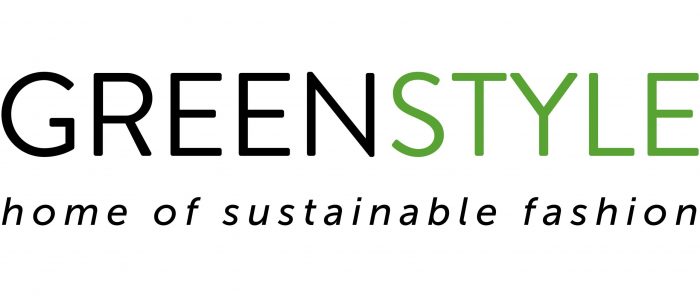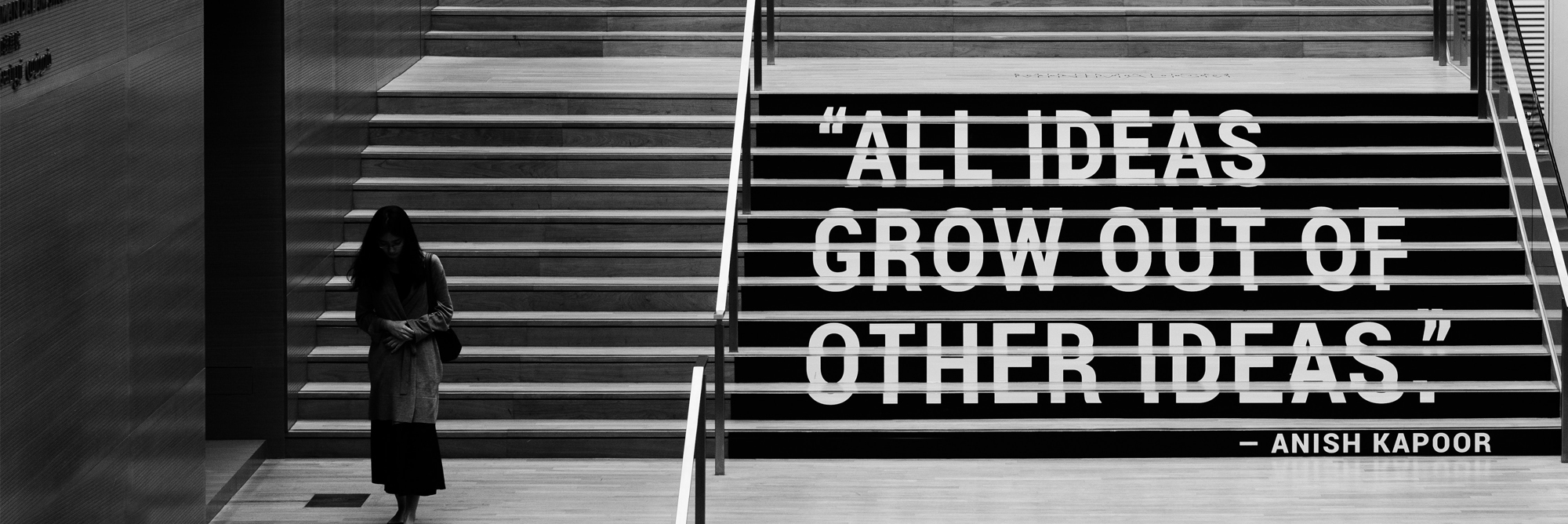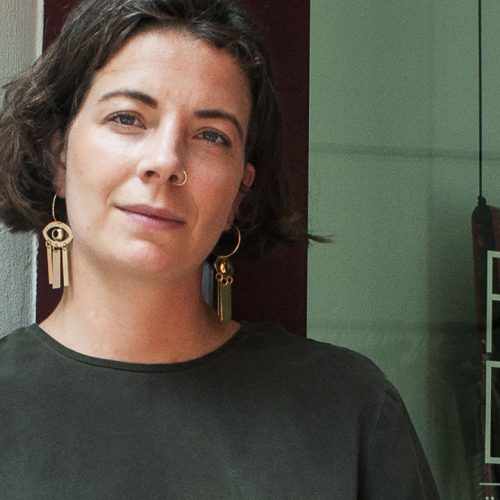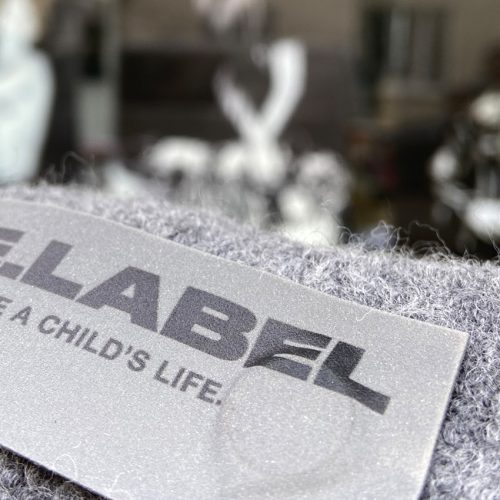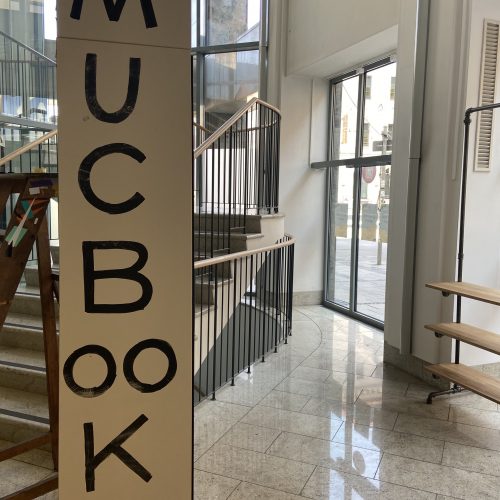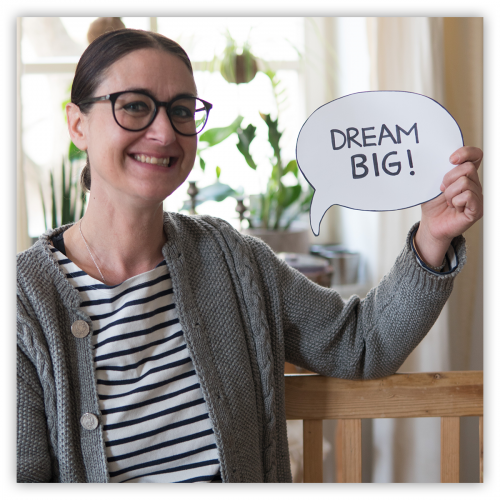One word has been buzzing around in my head for a long time and I encounter it in a wide variety of contexts. Whether literature, TV documentaries, non-fiction books, private discussions or social media. The word or rather the concept “greed for profit” underlies a lot of what is currently going wrong.
Last week I saw the super exciting documentary “Green Lies – Tricks with Greenwashing” on ORF III about the increase in sustainability issues in corporate and marketing communication. Companies want to be part of the sustainability boom and in the majority of cases also want to take advantage of it. We are then talking about greenwashing. The key message of the documentary can be summarized as follows: Corporations have long been instrumentalizing the sustainability boom for themselves and faking fair and sustainable products with their own labels, sometimes also flimsy seals. Confectionery brands claim that their cocoa comes from sustainable cultivation, food companies work with sustainable palm oil, clothing manufacturers advertise their own organic lines that are not always subject to independent control.
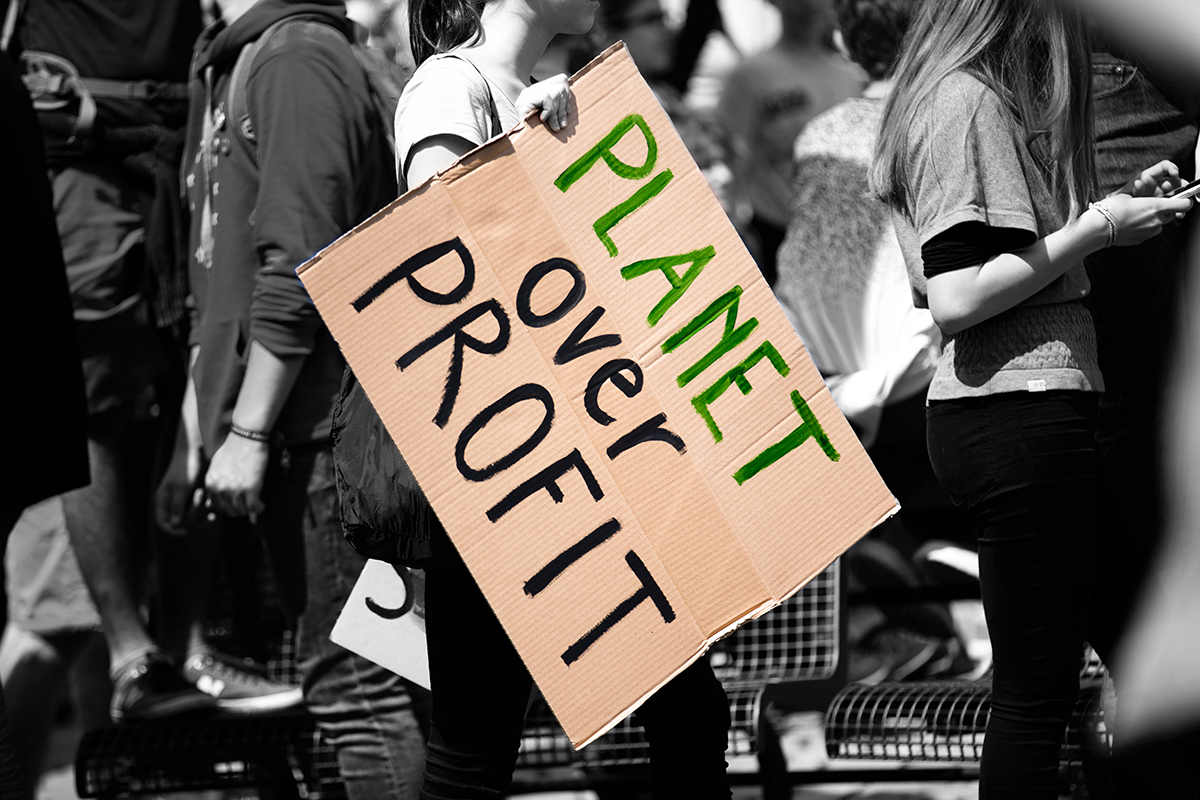
The path to more sustainability is complex and difficult.
Without changing the business models, fresh and cheerful, sustainably refurbished “business as usual” is done here. Mind you, there are exceptions. Fortunately more and more. And not everything that is a step on the long road to more sustainability is greenwashing. The path is complex and difficult. The chocolate producer Josef Zotter adress the topic and is visibly annoyed to find that some of the consumers are being mucked around and led to believe that something does not correspond to reality. Business is being done here with the ever more urgent desire of consumers to have a clear conscience or to buy something. And what does it mean? Greed for profit.
Data and power are the current issue.
A few days earlier, I watched the Netflix documentary “Social Dilemma”. There isn’t really anything in it that we don’t actually already know, but the urgency of the messages makes one shiver again and again. Above all, former (high-ranking) employees or co-founders of the large digital platforms have their say. What sometimes started out of idealism has long since given way to pure profit thinking or greed for profit. And power. Data and power is the hot topic anyway. Constantly improving technology and finely-tuned psychological methods are used to manipulate the fact that hearing and seeing are lost. The only stupid thing is that in the meantime you can no longer act in many areas without Facebook, Google, Amazon and Co. Unsubscribing from Instagram so easily without suffering any damage or ignoring Amazon as a marketplace must be considered a luxury in the meantime.
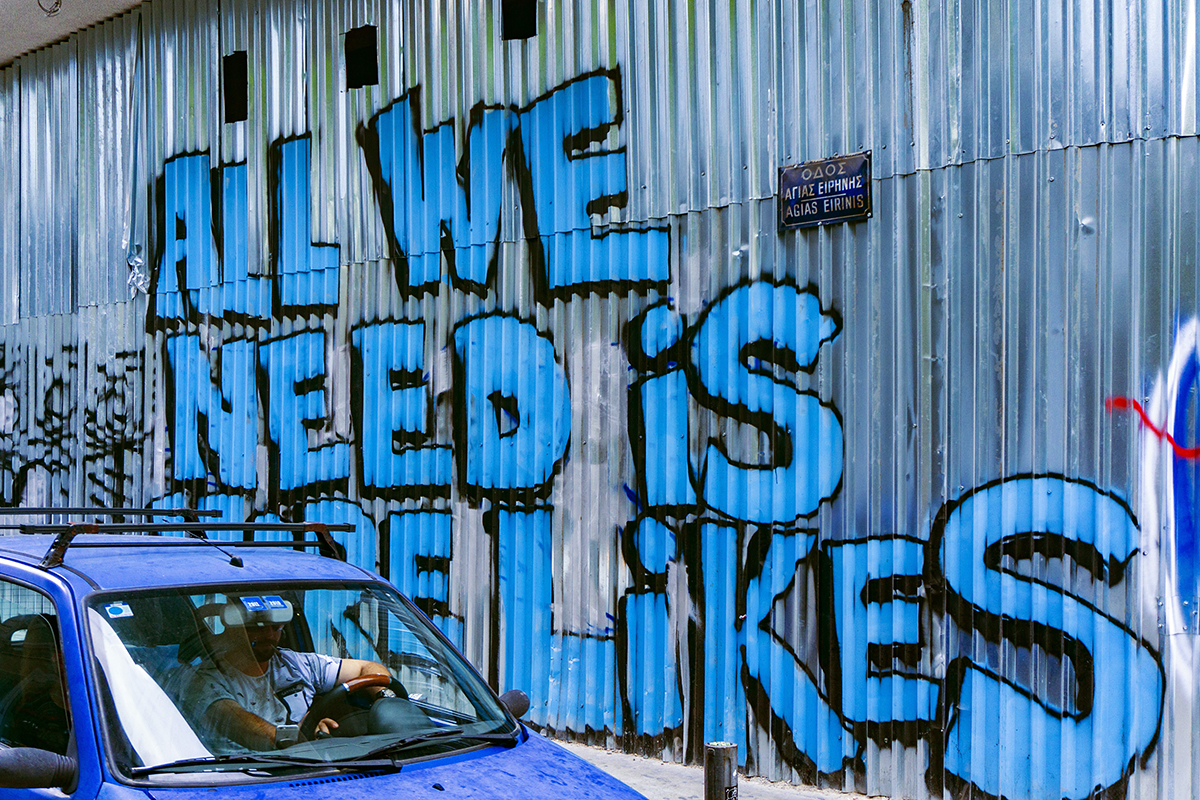
Every click we make benefits someone we mostly don’t know.
What is particularly frightening is what this means for young people who have never grown up in a predominantly analogue world. Reality and virtuality sometimes get completely mixed up. The upward curve of psychological problems and increasing suicides among young people, according to the documentation, speaks an unpleasant language. It is also interesting that quite a few people who develop these things and benefit from them impose strict internet and social media rules on their own children. Amazon, Facebook and Co are, it is presented, pure profit machines, driven by greed and ruthlessness. Every click we make benefits someone we mostly don’t know. The internet world as a large, friendly network, where we all connect and meet virtually, this illusion drives the documentation out thoroughly, should anyone still have it. What to do? I dont know. Only the legislature can fundamentally change something here.
There is a big difference between making profit and greed for profit.
In order not to be misunderstood here: There is a big difference between making profit and being greedy for profit. Earning with what you do, also earning well, is not the issue here. It’s about greed with less and less, more and more, and faster and faster. It’s about selfishness. And we can actually no longer afford that today. Actually not anymore. It is obvious that changing our economic and social system is a highly complex matter and contains many contradictions. But there are quite a few suggestions, models, alternatives as to how things could go differently, and how it has often been done. Economy for the common good, circular economy, sharing and new consumption models, regional initiatives, sustainable practices, slow fashion are just a few of the keywords. And there are many people who want to change something and who do it.
Economy for the common good, circular economy, sharing and new consumption models show that things can also be different.
Die November-Ausgabe von Brand 1 beschäftigt sich mit der Neuen Konsumgesellschaft unter dem Titel „Handel.t“ Im Hauptartikel dazu wird zunächst festgestellt: „Schon vor Corona war unser Verhalten diskussionswürdig. Wir kaufen zu viel und nutzen oft nicht, was wir gekauft haben.“ Am Ende werden u.a. einige Fragen gestellt: „Welche Gesellschaft wollen wir? Wie befreien wir uns als Gesellschaft aus der scheinbar alternativlosen Wachstumsspirale? Und: Welche Güter wollen wir?“ Und da können wir alle ein Wörtchen oder viele Wörter mitreden. Denn ich bin überzeugt davon: Es geht anders. Wenn wir es wollen und es tun.
The November issue of Brand 1 deals with the new consumer society under the title “Handel.t”. The main article first states: “Even before Corona, our behavior was worth discussing. We buy too much and often do not use what we have bought.” At the end there are some questions: “What society do we want? How do we free ourselves as a society from the apparently no-alternative growth spiral? And: What goods do we want? ”And we can all have a say or many words. Because I am convinced that there is another way. If we want it and we do it.
Header: © CJ Dayrit
